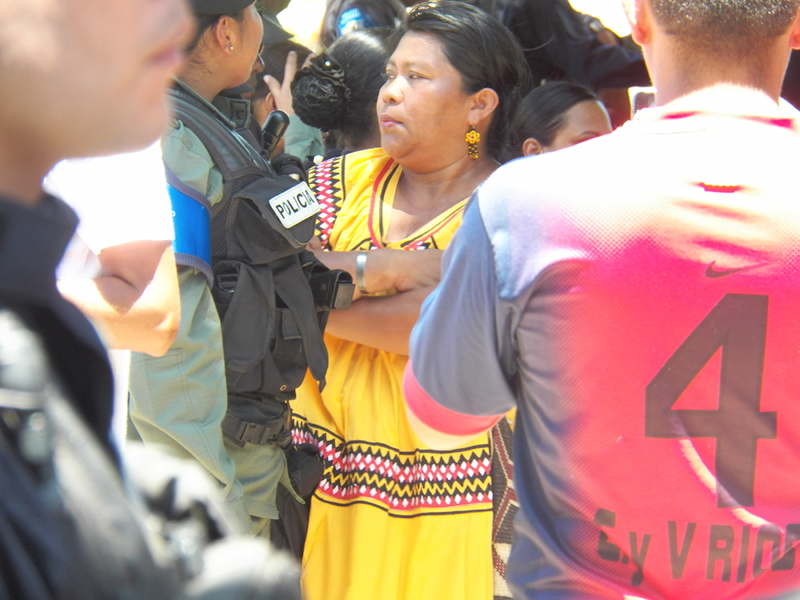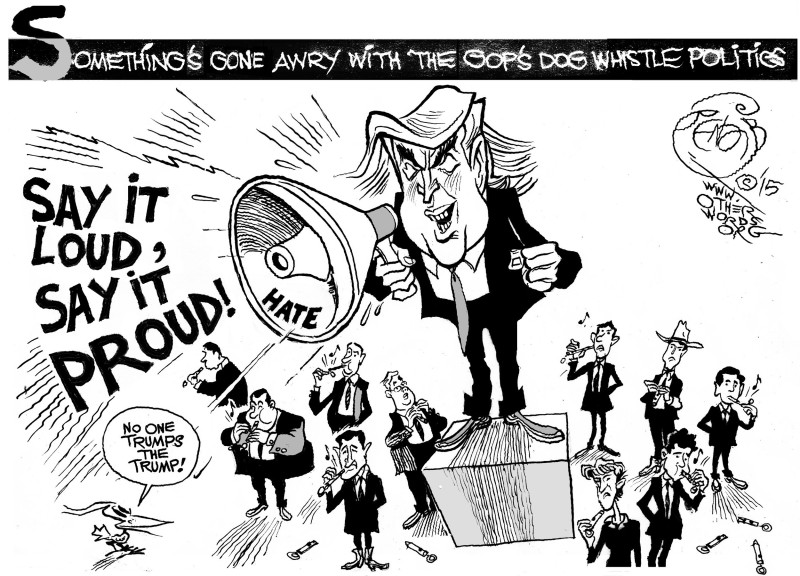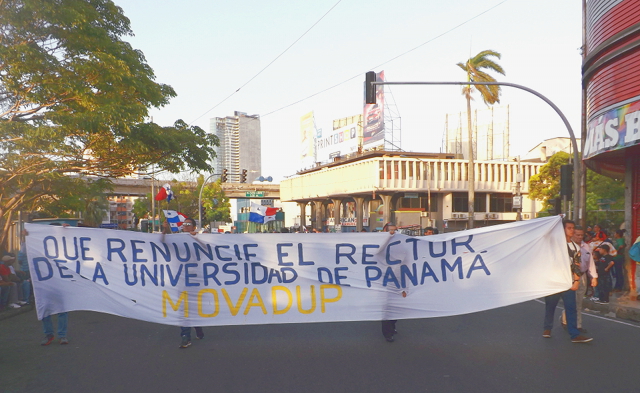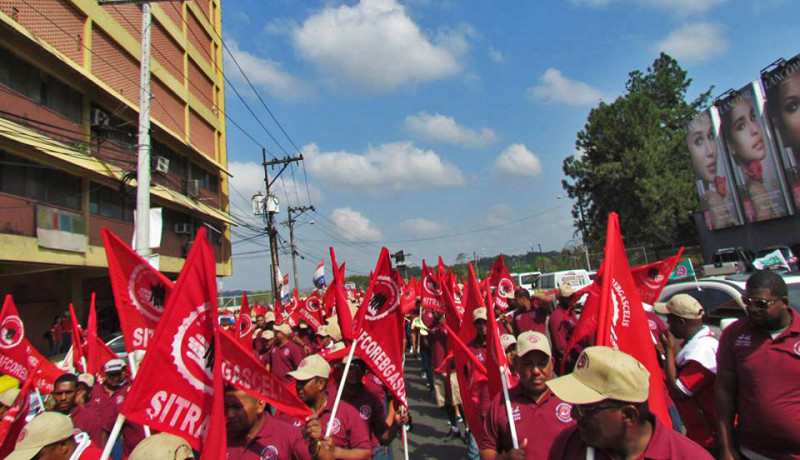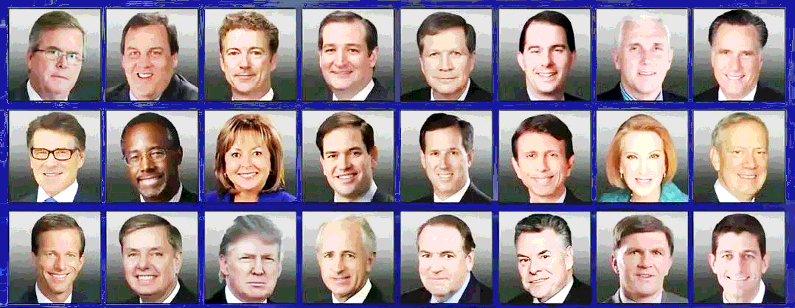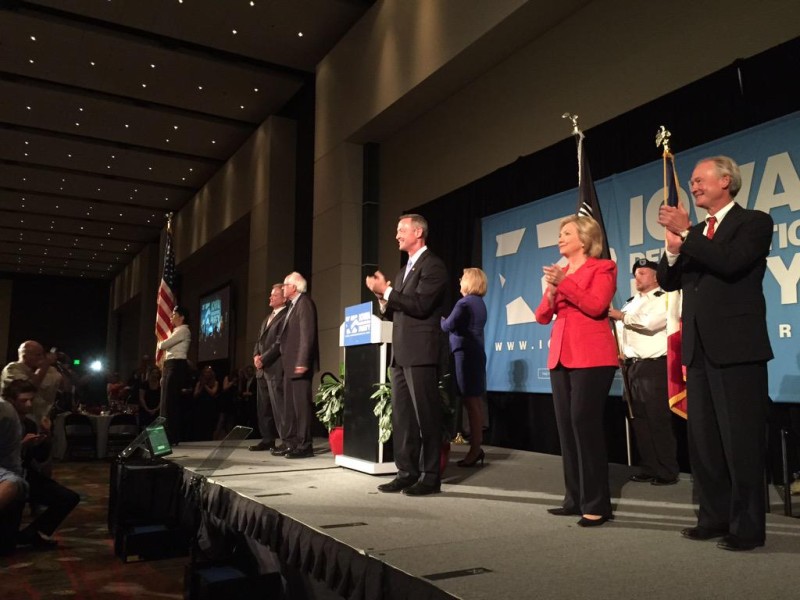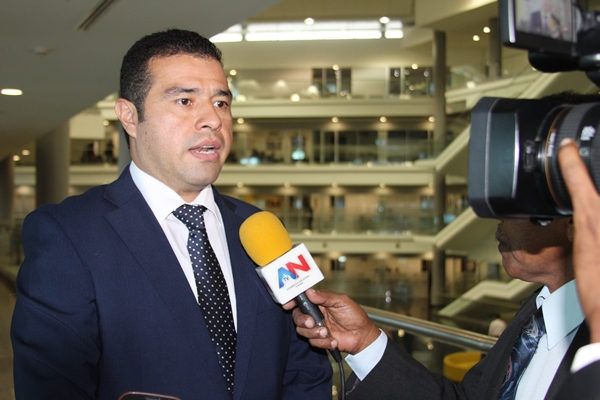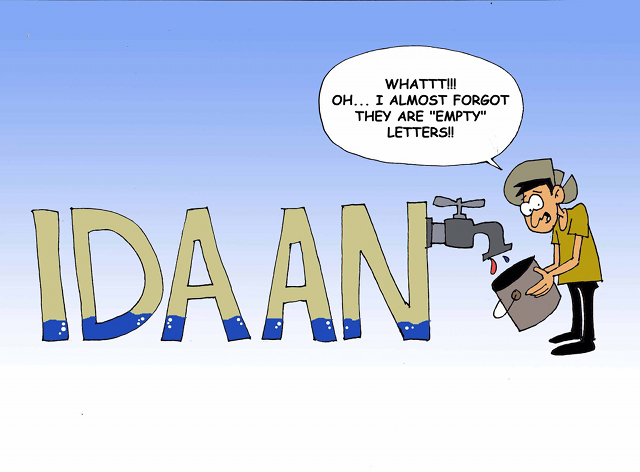
Is scandal fatigue setting in just as the investigations reach the Panama Canal Authority’s board of directors?
Innocent unless proven guilty is the standard of justice but not of good government
It is reported that both testimony and a paper trail indicate that construction company owner and Panama Canal Authority board of directors member Nicolás Corcione Pérez Balladares facilitated, coordinated and was a beneficiary of a scheme for overcharges and kickbacks in the construction and renovation of court facilities. That scheme, so it seems, was one of the ways that Alejandro Moncada Luna got rich by means that he could not legitimately explain while he was the presiding magistrate of the Supreme Court.
“Innocent until proven guillty.” It’s an important cornerstone of criminal justice and Corcione is due his day in court. Whether the process that is due to him and other members of Ricardo Martinelli’s inner circle is the courts entertaining motions by lawyers on their behalf while they are out of the country is another issue. And while conviction on any serious charge gets Corcione kicked off of the ACP board, the question of whether there are criminals involved shouldn’t be the beginning and end of a long overdue public review of the Panama Canal’s governance.
Any public review that’s of a grandstanding “gotcha” nature would detract from its most important public purpose. There are genuine forward-looking policy questions that ought to be answered and to properly do that we have to look clearly through and beyond the hype to see where canal governance has been. We need to sort out the myths from the realities and take account of both the triumphs and the tragedies. With the canal expansion mega-project nearing completion the ACP management is moving to expand the scope of the institution’s economic activities and thus regulatory authority and Panama is not well served by a Varela administration and fragmented National Assembly acting as uncritical rubber stamps in such a process.
Back in the days when the old Canal Zone was by and large a US government company town, the Panama Canal Company was a widespread and not always so efficient conglomerate. The first limits on that came years before the Torrijos-Carter Treaties as Panamanian merchants pressed for controls that reduced the competition that they faced from the Canal Zone commissaries. In the treaties and in the decisions made after the treaties, the scope of PanCanal activity was greatly narrowed, often in ways detrimental to the nation. Assets and activities were abandoned or sold when they should not have been. Some decisions seem to have been a matter of a new set of masters asserting their authority for no other reason than calling dibs on political turf.
Might it be wise for the Panama Canal Authority to go back in the direction of the old Panama Canal Company, running ports, pipelines, fossil fuel power plants and a plethora of other businesses? Perhaps. But first of all, it should not be presumed that the ACP has the talent pool to do those things well, and second the nation should consider the implications of expanding the scope of an authority that for practical matters has not been answerable to outside public scrutiny and decision making.
Then we should consider Mr. Corcione, regardless of the facts of these criminal allegations, as a symbol of who has been running the Panama Canal. The aristocratic rabiblanco families play a dominant role on the ACP board. There are no labor representatives or PanCanal retirees on that board. Panama’s small white minority has a large majority on the board. One of the most obnoxious of the board members is in the ship waste disposal business but in effect a representative of certain port interests. The financial sector, the corporate law firms and the construction industry have all been well represented. In the canal expansion there have been abundant and flagrant conflicts of interest, as there have been all along, for example with the early decision of the Panamanian canal administration to discard the apprenticeship program and effectively privatize the training of new talent via an undistinguished for-profit university in which a person in the canal administration had a prominent role. The whole scheme of canal governance, including but not limited to its cast of characters, needs to be reviewed and subjected to public scrutiny, comment and debate.
Now is not the time for people to tire of all the scandals and allow parts of the Panamanian government — which the ACP is, notwithstanding its posturing as a private corporation — to go unexamined. As the Panama Canal expansion process approaches its completion we actually come to an appropriate moment to review canal governance and the role that the ACP plays in our society. This should be done before the authority gets into a port venture that in the present structure of things is more appropriately the bailiwick of the Panama Maritime Authority, energy projects that more properly belong under other jurisdictions or so on. For one example, if there are reasonable arguments to merge the canal and maritime authorities, those ought to be made and heard, if that is done then we should then all understand that the current directors and management of the canal authority are insufficient for the new role.
Spare us the propaganda and information control. Open the books, scrap the rules and customs against candor by people working for the ACP and get outside audits and opinions. “Not guilty of an infamous crime” is not a suitable standard for the governance of Panama’s principal public asset.
Bear in mind…

